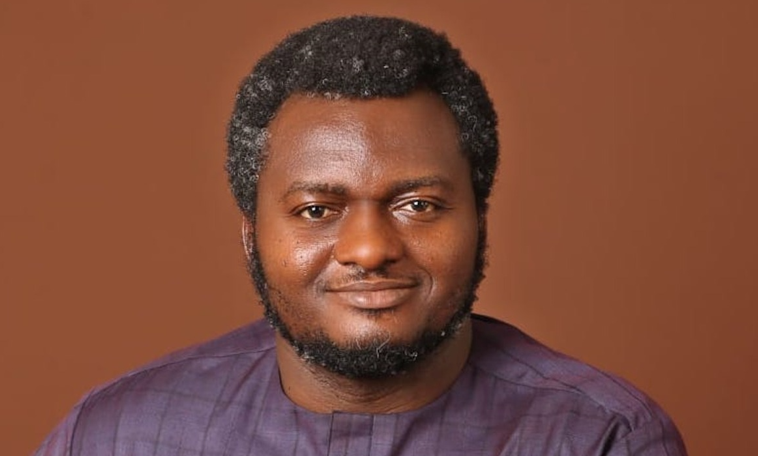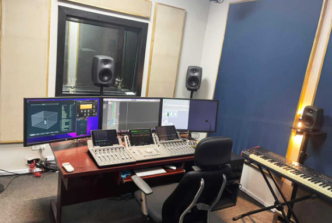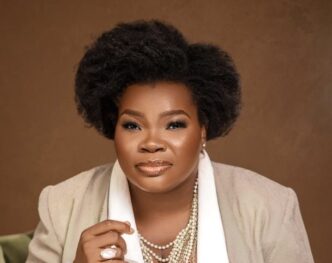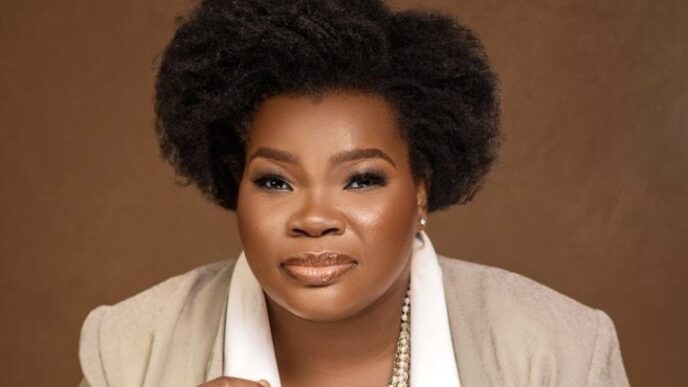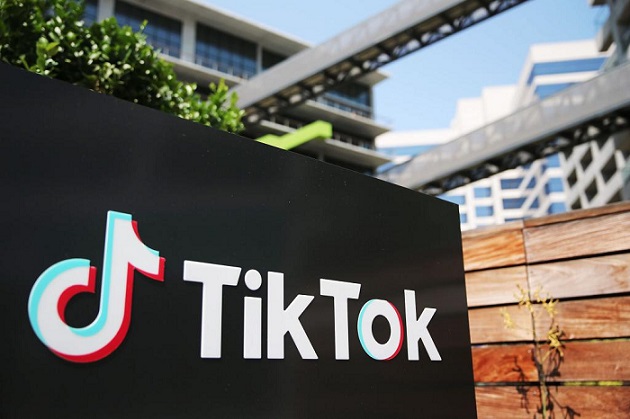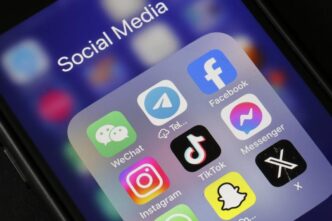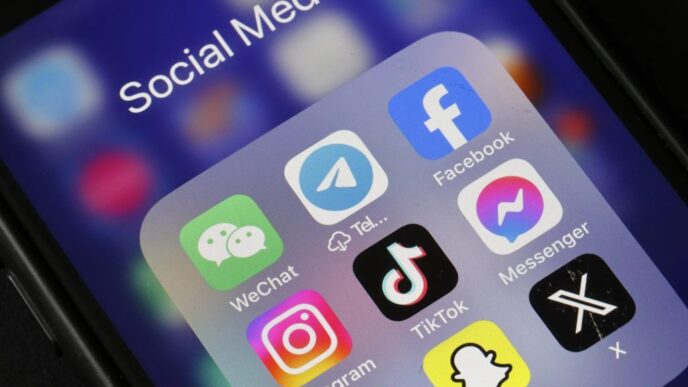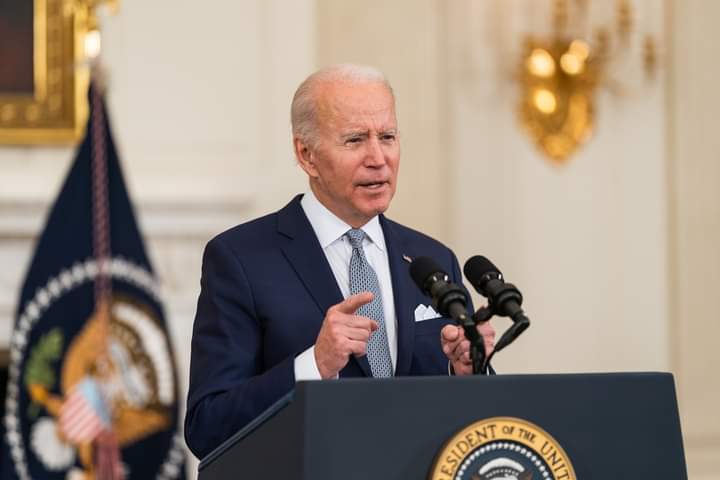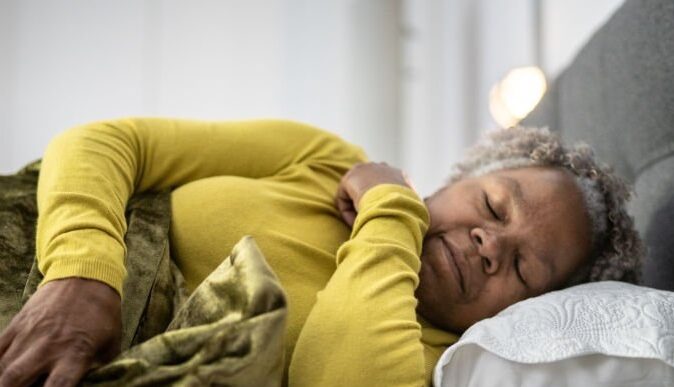Lanre Olagunju, a fact-checking expert, has warned that social media is increasingly becoming a “dustbin of fake news”.
While discussing digital media and democracy on Channels Television, Olagunju cautioned against the unchecked spread of disinformation, which he said “seriously threatens” the country’s democracy.
The dialogue was part of the global conversation marking the United Nations Media and Information Literacy Week, observed during the last week of October.
“I fear that the social media space is becoming a dustbin of sorts, where people drop fake news, hate speech, lies, and defamatory things all in the name of content creation. And that’s a challenge. If we are not very careful, that may affect our democracy,” the former fact check editor at TheCable said.
Advertisement
“As citizens, we owe it to our country and democracy to ensure we share only factual information and to recognise that not everything we see, especially on social media, is fact-based”.
Olagunju urged Nigerians to prioritise fact-checking before posting online, emphasising that citizens must ensure they share only accurate and well-verified information.
He highlighted the role of tools like Google Lens, a reverse image search feature on smartphones, in helping users ascertain the authenticity of photos, videos, and stories circulating online.
Advertisement
“These open-source tools help people see, for instance, when and where a photo was first taken. We’ve seen cases where old photos are misleadingly captioned and used to create false narratives,” he said.
Olagunju noted the challenge posed by an untrained media workforce, adding that many graduates entering the media lack education in fact-checking.
He also advocated for the inclusion of courses on information verification in schools, starting from the secondary or even primary level.
“We now have a large set of people involved in citizen journalism, but without a commitment to factuality, this can lead to a flood of misinformation,” Olagunju said.
Advertisement
“Media professionals and citizen journalists alike must remember their role as gatekeepers. It’s not everything that should be posted. Stories must be balanced, and every side considered, especially in an era where many lack the formal training in ethics and fact-checking.”
He urged policymakers to integrate fact-checking education into school curriculums, starting from an early age. “If we are not careful,” he warned, “this fake news culture may have severe repercussions for our democracy.”
Emphasising the dangers of fake news, he added that disinformation can damage public trust and fuel tensions.
Olagunju also warned of the consequence of disinformation in Nigeria’s health sector, citing the 2003 polio vaccine boycott in Kano, Zamfara, and Kaduna, where misleading claims alleged that Western “evildoers” had contaminated vaccines with harmful agents like anti-fertility drugs, HIV, and cancer-causing substances.
Advertisement
Consequently, many women refused to vaccinate their children, leading to a 30 percent spike in polio cases.
To prevent similar occurrences, Olagunju urged the minister of health to learn from this experience, especially as Nigeria prepares to launch its malaria vaccination program.
Advertisement
He emphasised the importance of investing in sensitisation and collaboration with media researchers to combat misinformation and ensure public trust in vaccination efforts.
Advertisement
Add a comment
